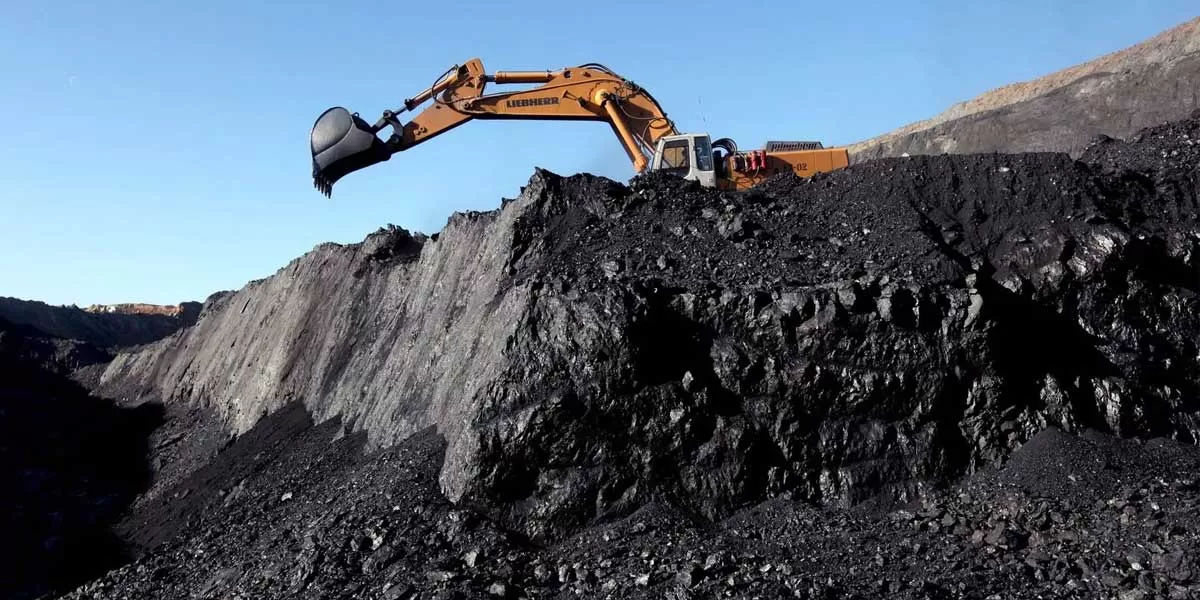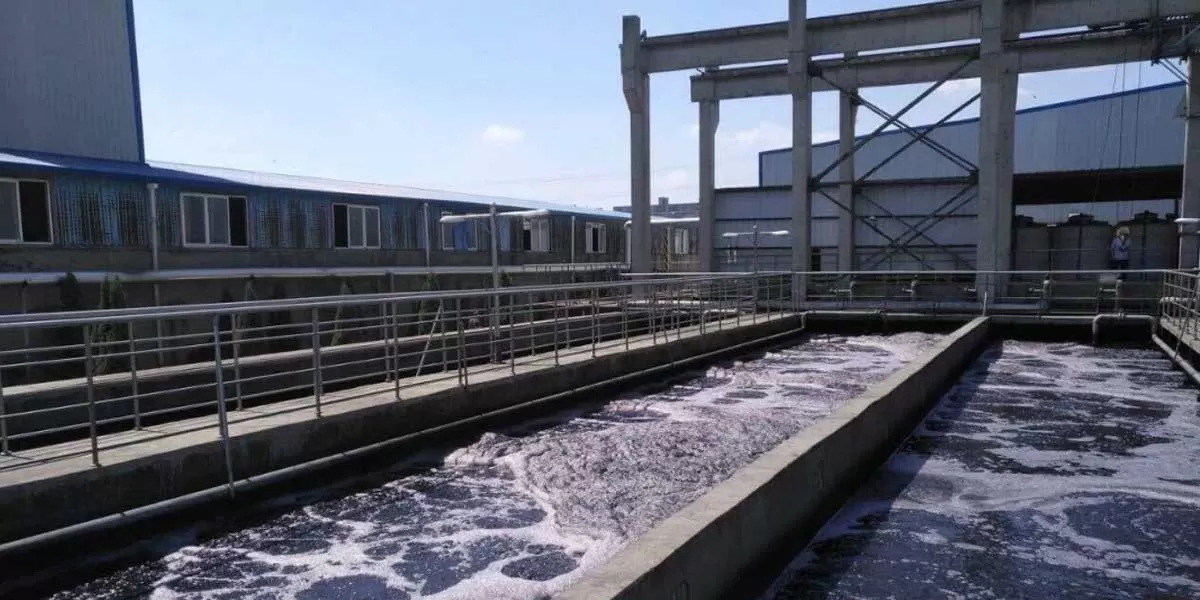
India Extends Operation of Imported Coal-Based Power Plants

WABAG Secures Operation Contract for BAPCO Treatment Plant
VA TECH WABAG (WABAG), a leading pure-play water technology multinational group, continues to expand its presence in the Middle East region and strengthen its leadership in the O&M business, securing an order worth Rs 1.21 billion from BAPCO Refining B.S.C (BAPCO) towards operation (O&M) of Industrial Wastewater Treatment Plant (IWTP) located in the Kingdom of Bahrain, for a period of seven years.This state-of-the-art IWTP treats 4,400 US gallons per minute (USGPM) of Wastewater and is based on advanced Membrane Bioreactor (MBR) technology, which ensures superior treatment efficiency, ..

Ajmera Realty Acquires Land Parcel in Ghatkopar East
Ajmera Realty & Infra India (ARIIL) has acquired a 1,341.1 sq. mt. premium land parcel in Ghatkopar East, Mumbai. This acquisition, secured through a competitive bidding process with KJ Somaiya Trust at a cost of Rs 0.51 billion. With the earnest money paid and an MoU in place, the project is expected to yield a carpet area of ~44,000 sq. ft., with an estimated GDV of Rs 1.75 billion, said the BSE filing.Situated in Ghatkopar East, a well-established locality with a rising demand for spacious, high-end living, the company sees significant potential to launch an ultra-luxury project in this..

Lemon Tree Hotels Launches 8th Property in Gujarat
Lemon Tree Hotels announces the opening of Keys Lite by Lemon Tree Hotels, Vadodara, Gujarat. This is the eighth property of the group in the state, as per the BSE filing.The efficient and affordable hotel features 63 well-appointed rooms and will open in two phases. Of these 57 rooms, a multi-cuisine coffee shop – Keys Café, along with expansive banquet spaces and conference facilities will be launched in the first phase. The remaining six rooms will be operational soon after in the second phase.Vadodara is known for its glorious past, echoed in its magnificent palaces and rich culture. Be..















